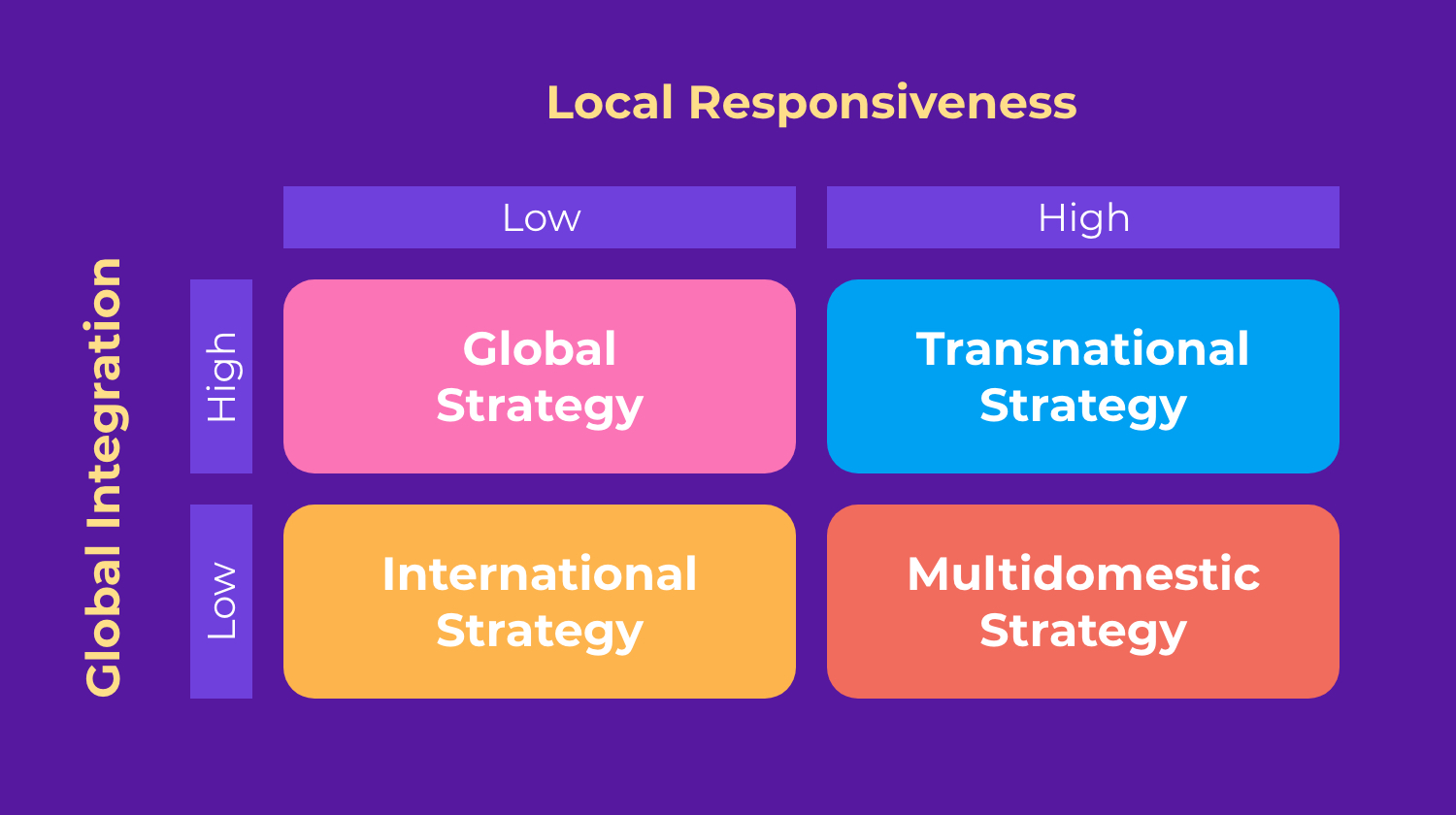Journey to Success: Top Companies’ Global Strategies
In today’s interconnected world, the key to achieving global success lies in implementing effective international business strategies. Top companies around the world have been able to expand their reach and increase their profitability by tapping into new markets and leveraging the power of globalization. Through case studies of these companies, we can uncover the secrets to their success and learn valuable lessons that can be applied to our own businesses.
One of the key components of a successful global strategy is market research. Companies must carefully analyze potential markets to identify opportunities for growth and development. By understanding the cultural, economic, and political landscapes of different countries, companies can tailor their products and services to meet the unique needs and preferences of local consumers. This is exactly what companies like Apple and Coca-Cola have done to become household names around the world.
Another important aspect of a successful global strategy is building strong partnerships and collaborations. By forming alliances with local businesses, companies can gain valuable insights into new markets and establish a presence in foreign countries more quickly and effectively. For example, Starbucks has successfully expanded into countries like China and India by partnering with local companies to navigate the complexities of these markets.
Furthermore, companies must be willing to adapt and innovate in order to stay ahead in the global marketplace. This requires a mindset of continuous improvement and a willingness to embrace change. Companies like Amazon and Google have achieved global success by constantly evolving their products and services to meet the changing needs of consumers. By staying ahead of the curve and anticipating trends, these companies have been able to maintain their competitive edge in the global market.

Image Source: ctfassets.net
Additionally, companies must prioritize sustainability and corporate social responsibility in their global strategies. With consumers becoming increasingly conscious of environmental and social issues, companies that demonstrate a commitment to sustainability are more likely to attract and retain customers. Companies like Patagonia and Unilever have built strong global brands by incorporating sustainability into their business practices and product offerings.
In conclusion, the journey to global success is not an easy one, but by studying the strategies of top companies around the world, we can learn valuable lessons and insights that can help us unlock new opportunities and achieve international business success. By conducting thorough market research, building strong partnerships, adapting to change, and prioritizing sustainability, companies can position themselves for growth and expansion in the global marketplace. As we continue to navigate the complexities of the global economy, it is essential to draw inspiration from the success stories of top companies and apply their strategies to our own businesses.
Unlocking Opportunities: Case Studies in Global Business
In the fast-paced and ever-evolving world of international business, companies are constantly seeking new opportunities to expand their reach and increase their success on a global scale. This often involves taking calculated risks, adapting to different markets, and implementing innovative strategies that set them apart from the competition. In this article, we will delve into some case studies of top companies that have successfully unlocked opportunities in the global business arena.
One prime example of a company that has excelled in seizing international opportunities is Apple Inc. From its humble beginnings in a garage in California, Apple has grown into a technological powerhouse with a global presence. One of the key strategies that has enabled Apple to achieve such success is its focus on innovation and product differentiation. By constantly pushing the boundaries of technology and creating groundbreaking products such as the iPhone and iPad, Apple has been able to capture the hearts and minds of consumers across the world.
Another company that has unlocked opportunities in the global market is Starbucks. The coffee giant has successfully expanded its business to over 80 countries by tailoring its products and marketing strategies to suit local preferences. For example, in China, Starbucks introduced tea-based drinks to cater to the local taste buds, while in Italy, the birthplace of espresso, Starbucks focused on creating a unique coffeehouse experience that resonated with Italian culture. By adapting to the specific needs and preferences of each market, Starbucks has been able to establish a strong global presence.
One of the key lessons that can be drawn from these case studies is the importance of understanding cultural differences and tailoring strategies accordingly. In today’s interconnected world, businesses cannot afford to take a one-size-fits-all approach to global expansion. Instead, companies must invest time and resources into researching and understanding the nuances of each market they enter. By doing so, they can ensure that their products and services resonate with local consumers and stand out in a crowded marketplace.
Furthermore, successful companies in the global market are those that are agile and adaptable in the face of change. The business landscape is constantly evolving, with new technologies, trends, and competitors emerging all the time. Companies that are able to pivot quickly and seize new opportunities are the ones that will thrive in the global marketplace. For example, Amazon started out as an online bookstore but has since diversified into a wide range of products and services, including cloud computing and artificial intelligence. By being willing to innovate and adapt to changing market conditions, Amazon has become one of the most valuable companies in the world.
In conclusion, unlocking opportunities in the global business arena requires a combination of innovation, cultural understanding, and adaptability. Companies that are able to successfully navigate the complexities of the international market and leverage their strengths to seize new opportunities will be well-positioned for success. By studying the strategies of top companies such as Apple, Starbucks, and Amazon, aspiring global businesses can gain valuable insights into what it takes to achieve global success in today’s competitive landscape.
Case Studies: Successful International Business Strategies from Top Companies